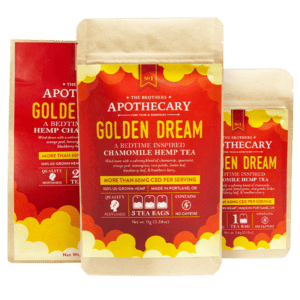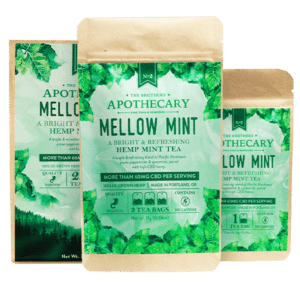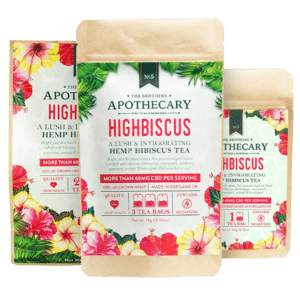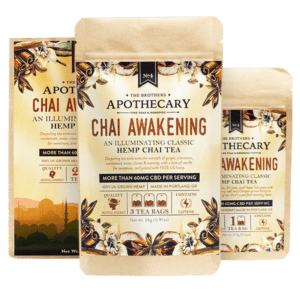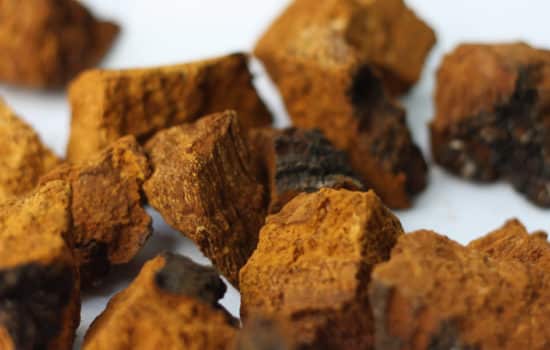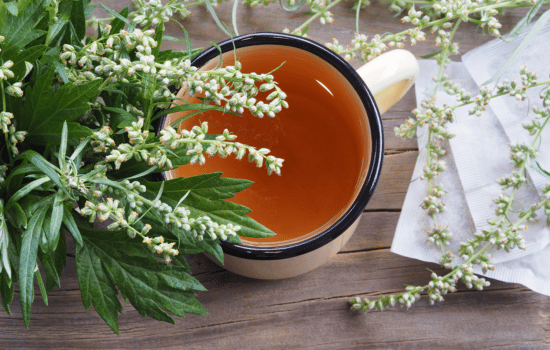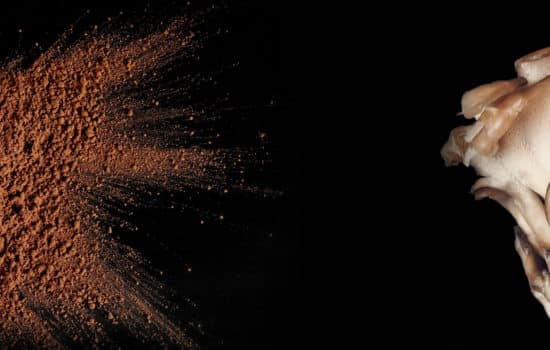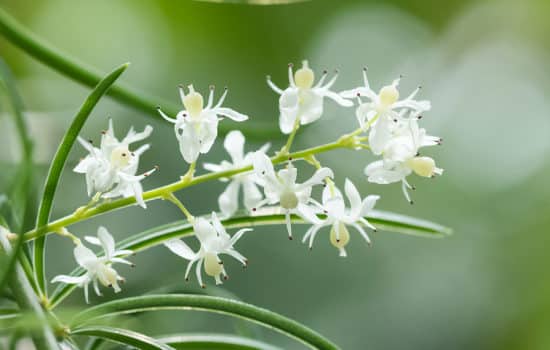Yucca root is a hardy, staple crop that feeds millions across the globe. Hailing from South America and Africa, this dark brown root vegetable is similar to potatoes in texture and appearance. However, its wide range of nutrients and wellness benefits sets this well-loved vegetable apart.
What Is Yucca Root?
Yucca is the fleshy root of the cassava plant. It is commonly used in Latin American and Caribbean cuisine, and its nutritional profile provides a wealth of wellness benefits.
While sometimes confused for the similarly-named decorative and spiky-leafed yucca plant commonly found in the Southern and Western US deserts, the tuberous yucca root of the cassava plant bears no relation to the yucca desert plant.
Where Does Yucca Root Grow?
Yucca root has been cultivated in South America and Africa for hundreds of years. Nigeria, Thailand, and Indonesia produce much of the world’s cassava. Yucca roots grow well in tropical climates, and their ability to grow year-round and withstand droughts make them particularly beneficial.
What Does Yucca Root Taste Like?
The cream-white flesh of the yucca root has a mildly sweet and nutty taste. Like potatoes, yucca can be baked, boiled, roasted, or turned into fries. The starch from this tuber vegetable is also used to make tapioca and tapioca flour.
Yucca roots must be cooked before eating, as some of its cyanogenic glycoside compounds can result in cyanide poisoning if consumed raw. Much of the cyanogenic glycosides are found in the skin, so it’s recommended that you peel the root before cooking.
What Are the Benefits of Yucca Root?
Yucca root is rich in vitamins and minerals that can benefit your wellbeing inside and out.
Boost of Vitamin C
Yucca root is a wonderful source of vitamin C, with just one cup providing 42 milligrams of the nourishing nutrient–about half of our recommended daily intake. This is more than you’ll find in your classic potato.
Vitamin C is instrumental to the immune system, as it helps build infection-fighting white blood cells in the body.
Immunity Support
The vitamin C content in yucca can help bolster your immune system and fight infections. Along with vitamin C, the yucca root also has an ample amount of antioxidants, which can help boost immunity by protecting our cells from damage caused by free radicals.
Supports Heart Health
Adding yucca root to your diet can benefit your heart, thanks to the minerals found within this root vegetable.
Yucca root is high in potassium, which is vital for helping relax blood vessels, increase blood circulation, regulate blood pressure, and flush sodium out of the body.
The beta-carotene pigment that gives yucca its rich color also serves as an antioxidant. Along with other free radicals in the yucca root, including vitamin C, the beta-carotene can help protect the heart from damage caused by oxidative stress.
Oxidative stress can occur when unstable free radicals oxidize the cells they attack, and over time this stress can have ramifications on heart health. By stabilizing free radicals, antioxidants can help prevent potentially adverse effects on heart health.
Digestive Support
Yucca is a gluten-free veggie that is chock-full of resistant starch and dietary fiber that can benefit your digestive health.
The beneficial bacteria in starch and fiber can help clear out the colon and streamline digestive function. Fiber can also help the body retain water and regulate bowel movements, which can help ease uncomfortable bloating and stomach cramps.
The combination of starch and dietary fiber in yucca can help balance each other out, as the starch provides the carbohydrates your body needs as a form of fuel while the fiber helps slow digestion to keep your body from absorbing sugars too quickly.
This helps limit blood sugar spikes, allowing the carbs to provide longer-lasting energy for your body.
Yucca’s antioxidant properties can also support digest health, as free radicals may target the cells in the digestive tract. By helping protect the digestive tract from damage, yucca can further help ease feelings of indigestion.
Supports Healthy Cholesterol Levels
Yucca’s dietary fiber and magnesium content can also help lower LDL cholesterol levels in the body. This can further support heart health, as LDL cholesterol can cause buildup in the arteries that can block blood flow to and from the heart.
By helping maintain healthy cholesterol levels, yucca consumption can help keep the body running smoothly.
Helps Ease Discomfort
The antioxidants and phosphorus in yucca are thought to have anti-swelling properties, which can do wonders when it comes to physical discomfort that can pop up throughout the body.
Supports Cognitive Function
Yucca root can also introduce choline and copper into the body, which is an essential nutrient to help power the mind.
Choline works with neurotransmitters within the brain and nervous system to help support memory function, regulate mood, and aid in muscle control. Copper also provides a source of energy as it supports neurotransmitter synthesis within the brain.
Supports Eye Health
The minerals found in the yucca root may also benefit your eyes. Vitamin A is known to help support vision, while folic acid and vitamin C can support the body in producing collagen.
As a protein-based compound, collagen plays a huge role in maintaining skin and eye health. As we age, collagen production slows down, leading to eye and vision issues such as glaucoma and cataracts.
By providing vitamins and minerals that can boost collagen production, yucca root can help keep the eyes healthy and ward off potential eye-related issues.
Supports Healthy Skin
The minerals, B vitamins, and antioxidants in yucca that help increase collagen production and counteract free radicals can significantly benefit your skin as well.
When free radicals attack healthy skin cells, it can lead to wrinkles, lines, and blemishes. Antioxidants help keep these signs of aging at bay, and collagen helps the skin maintain its firmness and elasticity.
How Should I Use Yucca Root?
Yucca root is a versatile crop that can be used in a number of ways.
Teas
The tapioca pearls derived from the yucca root are often used in boba teas. And here at The Brothers Apothecary, we incorporate the healthy yucca root into our CBD teas using a proprietary formula that combines the maltodextrin from organic yucca root with tapioca and coconut.
This formula creates an emulsifier that boosts the bioavailability of the CBD within our full flower, whole-plant teas.
The maltodextrin derived from the yucca root helps prevent clumping while also improving our tea’s mixability. This boosts the CBD absorption rate to ensure you get even more wellness benefits in each soothing sip.
Soups
Once the yucca root has been peeled and boiled, they make a great addition to soup and stews. You can use yucca root chunks in your soup or blend them into a creamy base.
The Bottom Line
The yucca root is filled with essential vitamins, minerals, and nutrients that can benefit your wellbeing along with your tastebuds. Whether you’re using yucca root as a potato replacement for their added nutrients or enjoying the bioavailability boost from the yucca-sourced tapioca maltodextrin in our handcrafted botanical CBD teas, we hope you love the yucca root as much as we do!
Are you interested in exploring even more beneficial plants and herbs? Check out our collection of plant-based products here at The Brothers Apothecary shop!
Sources
Vitamin C and Immune Function | Nutrients
Antioxidant vitamins and blood pressure | Current Hypertension Reports
Resistant starch, microbiome, and precision modulation | Gut Microbes
Jesse Richardson is the co-founder of The Brothers Apothecary. He's an avid tea drinker and the primary creator behind The Brothers' products. An undergraduate of UCLA for Political Science, Jesse currently studies Medicinal Plants at Cornell University and The International School of Herbal Arts & Sciences.



